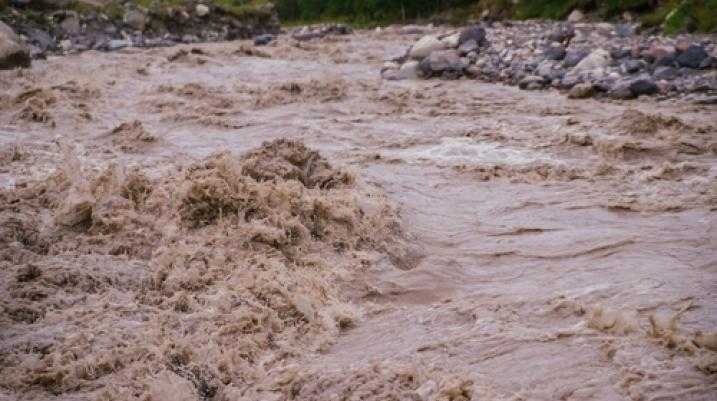Toxic Waters Spread from Okeechobee

Before, the water in lake Okeechobee turned a shade of gold in the sunlight. Now, not only is the second largest freshwater source in America a muddy, chocolate brown, its polluted waters have also seeped into the nearby rivers of St. Lucie and Caloosahatchee. Residents and commissioners are calling for a state of emergency as the pollution causes problems for local communities that depend on the rivers.
In 2013, heavy rains forced Okeechobee to swell beyond measure, and the Army Corp of Engineers stated that the lake had to be released into nearby bodies of water to counteract the risk of flooding in areas close to the lake. Residents of Fort Myers, West Palm Beach, and the Lower Coast metropolitan area have protested as their water supplies have been contaminated with lake water containing arsenic, pesticides, and manure.
Now, county commissioners have created a resolution, which calls for Gov. Rick Scott to declare a state of emergency over the impending crisis. An investigation is being conducted by researchers of the Florida Atlantic University Harbor Branch and the Martin County Health Department to identify levels of bacteria in St. Lucie and its impact on the surrounding environment.
Lake Okeechobee’s history is saturated with back-and-forth debates between government officials and local environmentalists. The lake’s pollution has persisted for decades; one of the more recent Okeechobee tests, conducted in 2007, showed that the muck in the lake’s water contained elevated levels of pollutants dangerous for consumption – especially in pregnant women, children, and pets.
Florida State has yet to allocate appropriate funds to investigate and solve the problem. In 2014, Florida cut $10.4 billion from the Florida Fish and Wildlife Commission, which set back the Lake Okeechobee restoration budget by $600,000.
The pollution in the lake – especially since the lake’s algae and murky waters are visible to the naked eye – has also led to a fall in tourism and real estate prices. Lake Okeechobee was once one of Florida’s most treasured tourist spots; but now, it may only appear to be a visual display of the state’s continuing environmental battles.
Injured? Getting the compensation you deserve starts here.

Injured?
Not sure what to do next?
We'll guide you through everything you need to know.